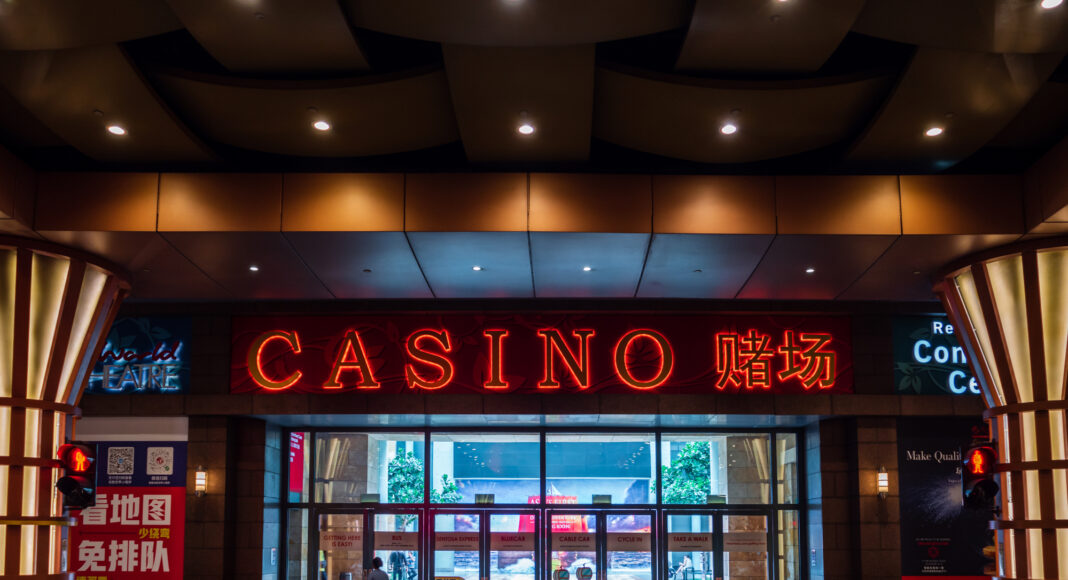At the conclusion of every year there are important industry events that need to be recapped, but there can be little doubt that even ten years, twenty years hence, 2020 will mark a dividing point in history between the pre-Covid and post-Covid eras. This will be true even if the malady itself, as most people now anticipate, is eliminated in the coming years by a variety of vaccines.
As everyone reading this article no doubt recalls, distant stories about a coronavirus spreading from Wuhan, China, grew more insistent throughout January and February, and by the spring it was no less than a global pandemic impacting every jurisdiction in the world, including the Asian and Pacific nations that we put our main focus on.
By the summer, it was also becoming clear that Covid-19’s heaviest impact was not falling upon China or even East Asia, where the crisis began, but on others such as the United States, where healthcare systems withholding coverage to large sections of their population, as well as other local customs and attitudes, made any sort of unified community response to the pandemic difficult if not impossible to implement.
Indeed, the Asia-Pacific included such countries as New Zealand and Taiwan, and even Macau, for that matter, where the direct toll of the coronavirus fell very lightly.
But no one could escape the massive indirect impacts such as the crippling of international transportation networks, the near elimination of cross-border tourism, and the heavy hand of policies related to social distancing and enhanced sanitary practices.
Although the recovery was uneven, by the second half of the year some casinos and other resorts were able to resume operations and even manage small profit margins on the basis of domestic tourism and pent up demand from patrons who had become weary of long periods of time stuck in their homes, isolated from their customary social activities.
“People stuck in their homes became captive audiences searching for entertainment that they could find on their computers or mobile devices.”
One of the unexpected lessons of 2020 was that casinos and integrated resorts are not nearly as invulnerable and recession-proof as many may have formerly believed. The coronavirus pandemic possessed just the right formula to drive patrons away from the casino floors, the shopping malls, and all of the other forms of entertainment upon which the industry relies for its revenues. Even the most robust and well-managed casinos suffered serious setbacks in the spring.
But if in any cloud there is a silver lining, then it was surely the shot in the arm experienced by a variety of forms of online gaming. People stuck in their homes became captive audiences searching for entertainment that they could find on their computers or mobile devices. Many of these people turned to online gambling as their pastime of choice, and some firms proved well positioned to step into the vacuum.
A corollary to this development was that governments and gaming industry regulators were also encouraged to think more carefully about online gaming. Their responses have been various. In India, the explosion of local people using their mobile devices for betting resulted in several major state governments passing blanket bans on online wagering, while other jurisdictions too grappled with the question of whether to crack down on internet gambling, much of it directed from overseas bases, or to legalize it in some form and to collect public revenues from it.
One of the most striking of these transformations occurred in the Philippines, where PAGCOR is now beginning to license some of its land-based resorts to operate online divisions.
The debate over whether to ban, crack down on, blacklist, regulate, or promote online gaming has really only begun in 2020, and the answers will likely play out over a number of years, following different trajectories in different jurisdictions. It is easy to predict even now, however, that the Covid-19 pandemic and the events of this peculiar year will become important reference points in this debate for the foreseeable future.
A final observation that should be made about this year in the history of the Asian gaming industry is that it highlighted the resilience and adaptation of many of the industry players.
Managers of gaming floors quickly rearranged their layouts to upgrade sanitation and to implement changing government guidelines on social distancing and other crowd limitations. Suppliers went back to their whiteboards to brainstorm new products that could allow contactless gaming or other protections for staff and patrons. Human resource managers made painful decisions about their revised staffing needs and they rapidly enforced new training protocols for those who remained. Executives who were more accustomed to talking face-to-face had to find new ways of communicating effectively while offering presentations on Zoom or other online meeting platforms.
In short, this was a year that challenged and forced changes in established business practices in the midst of disorienting days, weeks, and months. For those whose businesses survive the storm, new skills and new outlooks are sure to follow.











